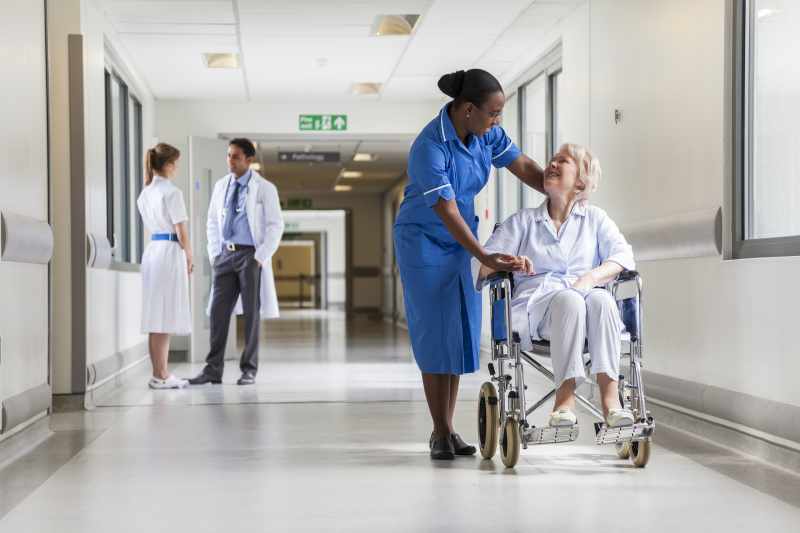Patients are likely to pay for routine operations that have been rationed by the NHS, reports said.
 Senior GPs on local medical committees (LMCs) will vote on changing these guidelines at a conference later this month. Dr Phil Fielding, of Gloucestershire LMC, which is proposing the change, said surgeries could carry out operations far cheaper than hospitals as patients would not stay overnight, says a Daily Mail report.
Senior GPs on local medical committees (LMCs) will vote on changing these guidelines at a conference later this month. Dr Phil Fielding, of Gloucestershire LMC, which is proposing the change, said surgeries could carry out operations far cheaper than hospitals as patients would not stay overnight, says a Daily Mail report.
The vote will take place at the local medical committee conference in two weeks’ time. If passed, it would then be debated by the British Medical Association and NHS England, which could decide to change the guidance.
The procedures – carried out for free on the NHS until recently – are restricted in most areas of England to save money. Senior GPs are calling for changes so they can carry out these operations at their surgery – if patients are willing to pay.
They insist the prices would not be ‘exorbitant’, likely ranging from £50 to remove a small cyst up to £250 for a non-cancerous mole.
But experts warn it would lead to GPs routinely encouraging patients to have non-urgent operations just so they can make more money.
There is also concern that they would devote time to private patients rather than routine appointments, leading to even longer waiting times.
Yesterday a poll revealed that patients will routinely be waiting a month to see their family doctor by this time next year.
The rules set out in GPs’ contracts forbid them from carrying out private treatments on their NHS patients. This is to avoid a conflict of interest with doctors inclined to pressure patients into unnecessary procedures.
He said many patients would prefer procedures to be done by their GP rather than at an un-familiar hospital. Many family doctors are trained to perform small operations which only require local anaesthetic.
He said: ‘It’s not as if we would turn into Harley Street physicians. We feel there is a restriction in people’s liberty if they want to have this done privately.
‘Maybe this would be to the benefit of patients.
‘There would have to be a small profit that would compensate that clinician’s time. It wouldn’t be exorbitant prices but it would allow the patient to choose and doctor to treat.
‘Our future looks like there will be more and more restrictions on what we can offer our patients. I’m afraid it will mean that some can afford and some can’t.’
But Dr Chaand Nagpaul, of the British Medical Association’s GP committee, said: ‘Allowing GP practices to offer private-sector “top-ups” would erode trust in family doctors and undoubtedly lead to conflicts of interest.’
In 2011, GPs in York were criticised for encouraging patients to pay for minor skin operations.
The Haxby Group Practice wrote to 30 patients awaiting the removal of moles and cysts telling them that the NHS would no longer fund treatment, but they could pay themselves.
The letter included a price list, with a cost of £56.30 for removal of a small cyst, £126 for a larger cyst, £146.95 for the an ingrown toenail and £246 for a non-cancerous mole.